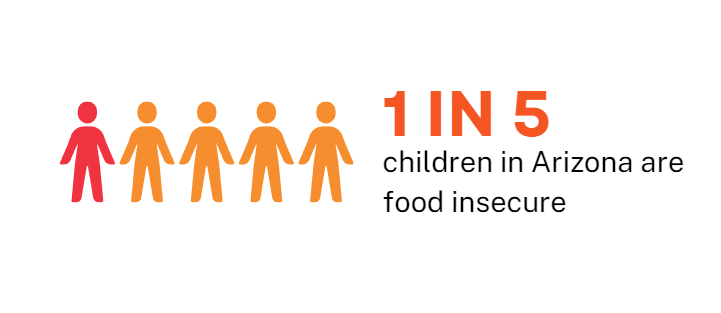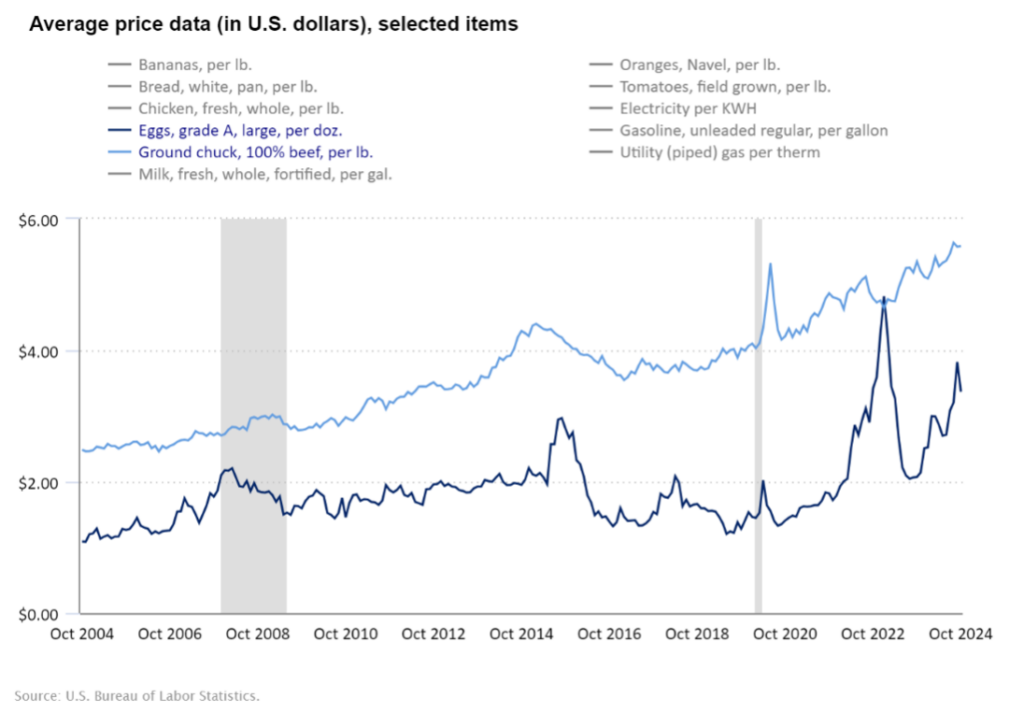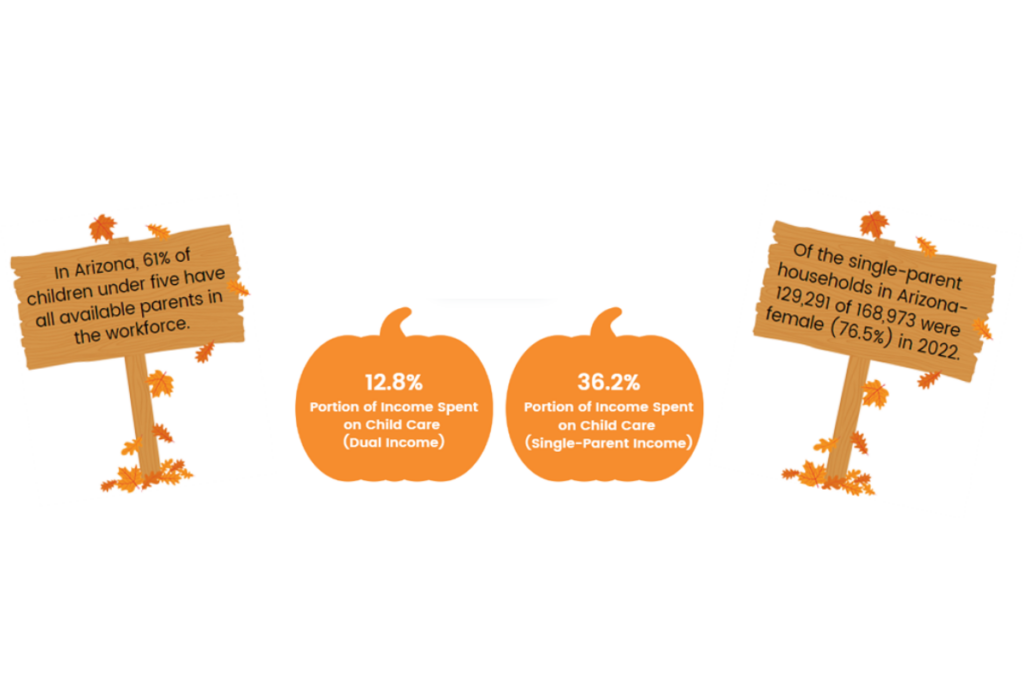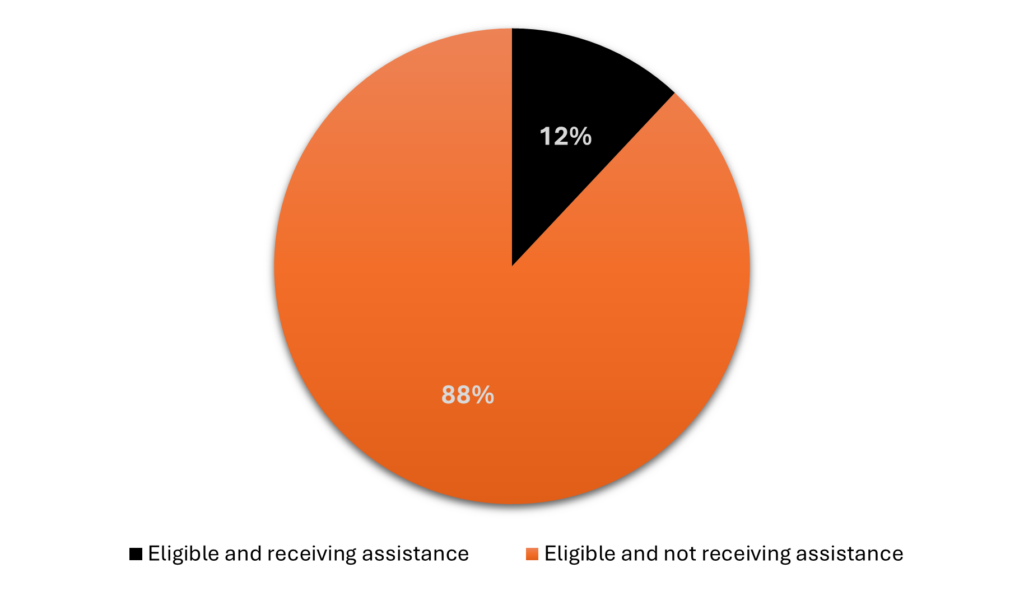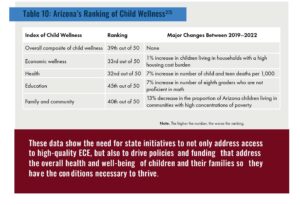As we celebrate Mother's Day and National Women's Health Week (May 11–17), it's essential to recognize the needs of many mothers in Arizona. Beyond flowers and cards, mothers require robust policies that support their health, economic stability, and mental well-being. While Arizona has made strides in some areas, significant gaps remain that demand attention, and new threats to these programs have emerged.
Access to Affordable Healthcare
Access to affordable, continuous healthcare is essential for maternal health. Arizona Health Care Cost Containment System (AHCCCS) is Arizona’s Medicaid agency, and AHCCCS/Medicaid is the foundation for Arizona’s health care system and a lifeline for thousands of families. AHCCCS currently covers about 50% of all births in the state, making it a critical support system for our entire state.
Recognizing the importance of ongoing care, Arizona extended postpartum Medicaid coverage from 60 days to 12 months in April 2023. This expansion ensures new mothers can access care during the critical first year after childbirth, when serious physical complications and mental health challenges emerge. With health care coverage, moms can receive essential services like follow-up medical visits, counseling, lactation support, and treatment for conditions such as postpartum depression or hypertension.
Federally proposed cuts to Medicaid/AHCCCS put these services at risk for all mothers, especially in rural communities, as proposed cuts may force rural hospitals to stop providing labor and delivery services or to close. Proposed federal cuts to Medicaid threaten the foundation of Arizona’s maternal health system. These cuts could lead to significant reductions in Medicaid funding for hospitals and providers and an increase in uncompensated care, putting more pressure on the already fragile network of maternity care in rural and underserved areas. When hospitals lose Medicaid funding, entire communities risk losing access to safe, timely maternal health services.
Protecting and strengthening Medicaid isn’t just a policy choice; it’s a commitment to the health and safety of mothers and babies across Arizona.
Access to Paid Maternity Leave
Paid maternity leave is beneficial for moms as it provides them with the time and financial stability needed to recover from childbirth, bond with their baby, and address potential postpartum health issues like depression. It also promotes breastfeeding and allows mothers to focus on their baby's well-being without the added stress of financial insecurity. The United States remains behind with Marshall Islands, Micronesia, Nauru, Palau, Papua New Guinea, and Tonga as the only seven countries in the world that lack a national paid leave program. Under the federal Family Medical Leave Act (FMLA), 51% of workers in Arizona have access to unpaid leave. Only employees in large companies, with a year of employment and full-time or salaried positions, have access to unpaid leave under FMLA.
However, unpaid leave is not an option for many soon-to-be mothers. Research shows that the typical full-time Arizonan worker loses about $917 in income for every week of unpaid leave, which is why 62 % of Arizonans who are eligible for unpaid leave do not take it. This is especially true for 65 % of women reporting they cannot afford unpaid leave, compared to 59 % of men in Arizona. Since the United States does not have a national paid leave program, Arizonans must rely on their employer for paid leave, but there are gaps in access to paid leave between women and men. In a 2022 survey, 32% of women reported access to paid medical leave, compared to 44% of men in Arizona.
Paying maternity leave has many benefits that help women and their children. These benefits include:
- Physical and mental health recovery, such as recovery from childbirth, reduced postpartum depression, and improved overall maternal health;
- Bonding and child care as paid leave provides mothers with dedicated time to bond with their newborn baby, which is crucial for developing a strong parent-child relationship and helps with infant brain development and overall positive health outcomes for the baby; and
- Financial stability and well-being, as paid leave provides a financial safety net and reduces stress for mothers.
With such a strong evidence base for paid maternity leave, Arizona must promote solutions that matter to mothers.
Access to Affordable Child Care
Access to affordable, high-quality child care is one of the biggest challenges facing working moms in Arizona and one of the reasons women leave or struggle to rejoin the workforce. The average annual cost of infant care is $15,625, which is $1,302 per month. For a single parent earning the median income of $38,757, child care costs more than 40% of their yearly income. For many families, these costs are simply out of reach. As a result, mothers, particularly single mothers, are often forced to scale back hours, decline job opportunities, or leave the workforce entirely.
When moms cannot access child care, their career and earning potential suffers. Studies show that consistent access to affordable child care can boost a mother’s lifetime earnings by as much as $79,000. However, too many families never get the child care assistance they need, either because they do not qualify, are placed on a waiting list for child care assistance, or their preferred child care provider in their community does not accept public assistance.
The impact goes beyond individual households. Arizona’s economy loses an estimated $4.7 billion each year due to child care-related disruptions, including lost productivity, employee turnover, and missed workdays. Businesses also suffer as working parents struggle to balance jobs with caregiving responsibilities.
Investing in affordable, accessible child care isn’t just good for moms—it’s essential for building a stronger, more resilient workforce and economy.
Arizona Moms Deserve More
Moms in Arizona deserve more than recognition—they deserve real policy solutions that meet their everyday needs. From protecting access to Medicaid to maternal health supports, allowing time for mothers to recover and bond after childbirth, and creating opportunities for affordable child care, investing in the well-being of Arizona mothers is investing in the future of our communities. This Mother’s Day and Women’s Health Week, let’s commit to building a state where all moms have the opportunity to thrive.





